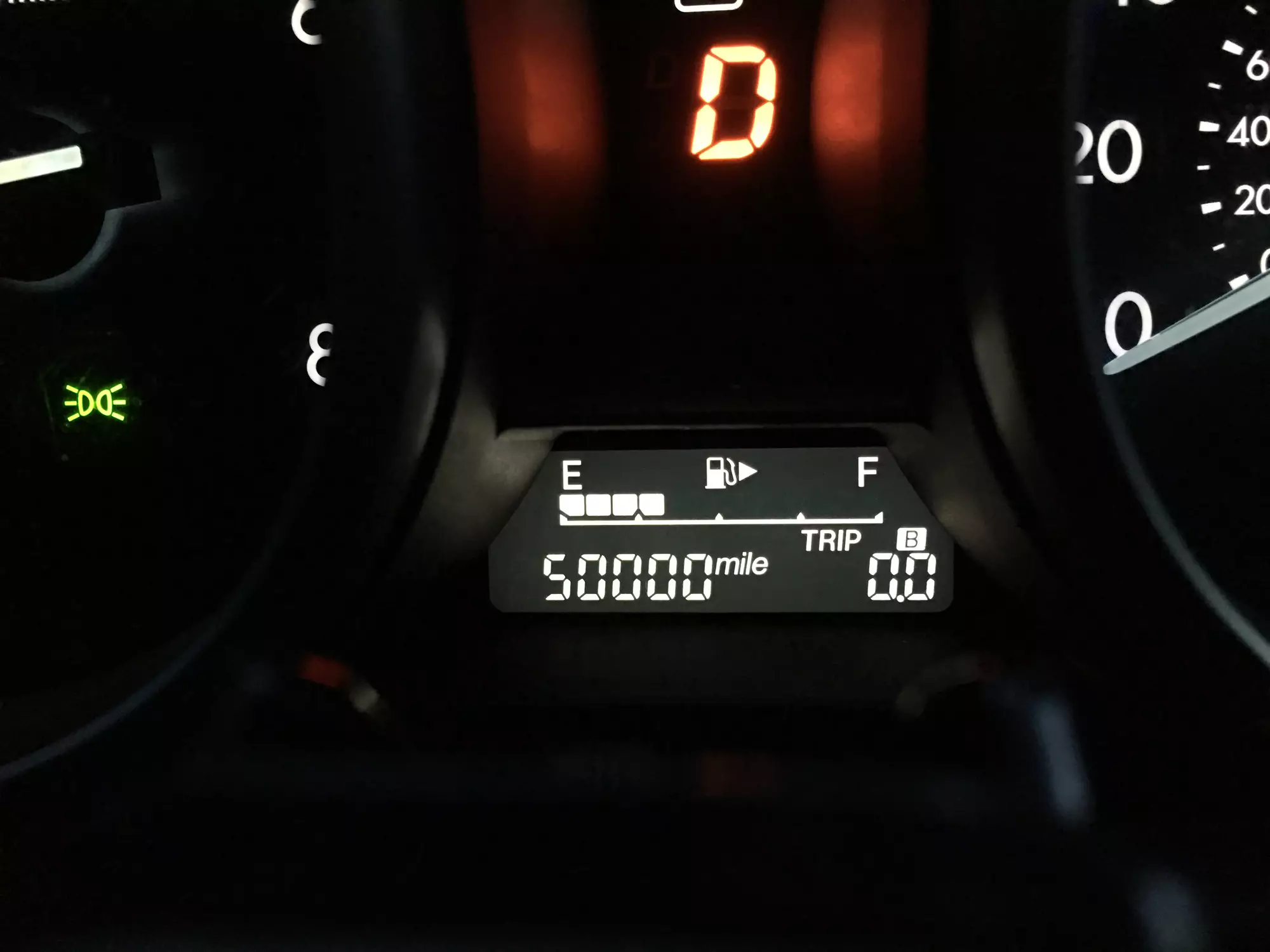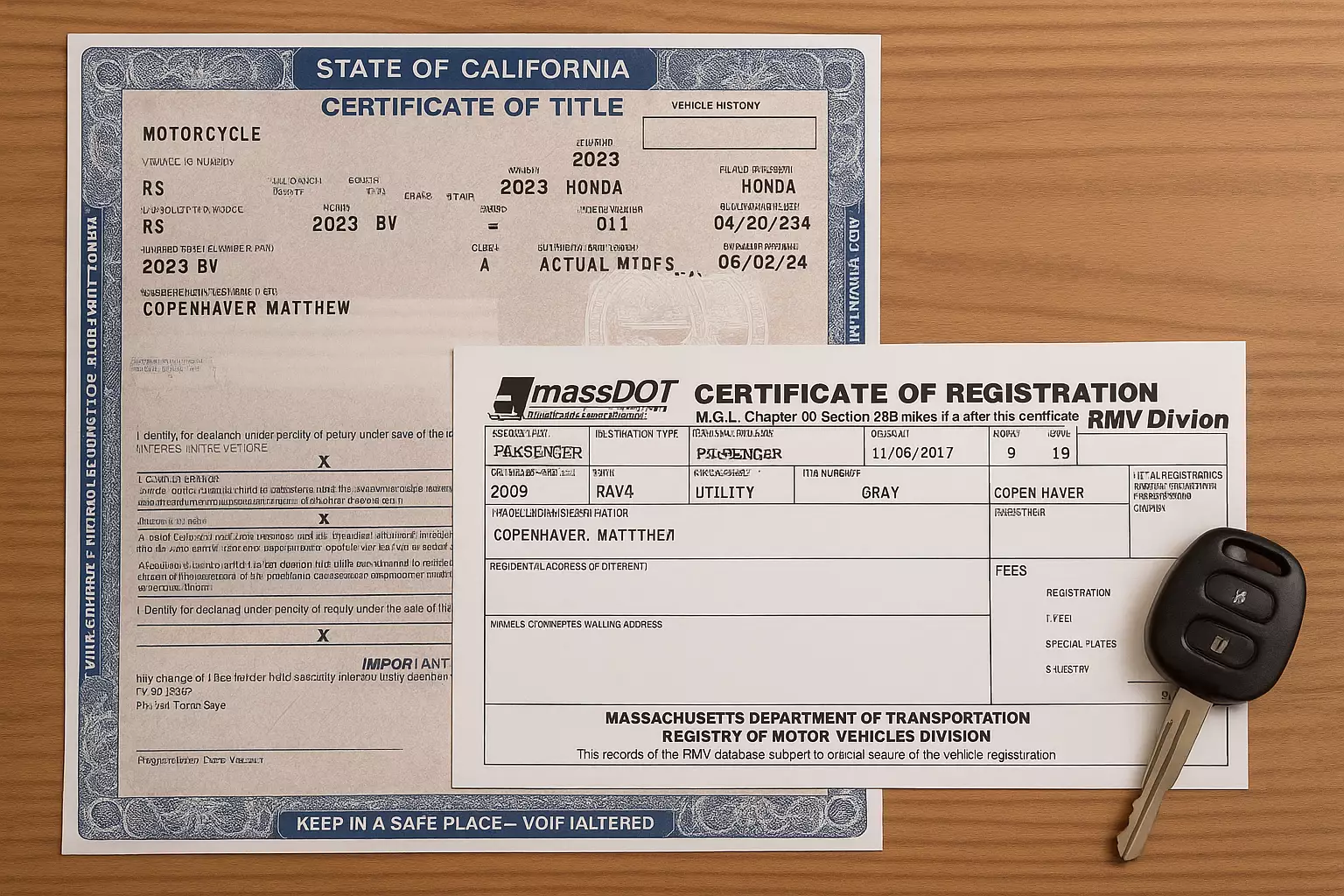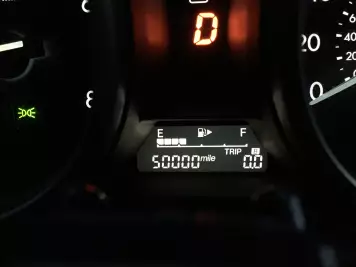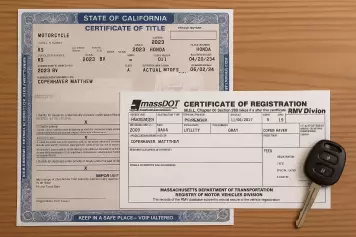The relief that comes with finally paying off a major loan like a car loan is priceless. You may have had to deny yourself a lot of things to make the payments on time, but now you can relax and start to really enjoy your car ownership experience. So, after making the last payment and celebrating the victory, you are probably wondering what you need to do to get your car title.
Obtaining a car title is not as straightforward as it may seem; there are several steps you must take to complete the process. This article endeavors to demystify or bring some clarity to the car title acquisition process.
In the United States, the titling process varies by state, with some states allowing electronic title transfers and others requiring physical paperwork. Knowing these details can help you navigate the complexities of vehicle ownership and ensure you have all the necessary documentation once your car loan is paid off.
What Does it Mean When a Car is Paid Off?
When a car loan is paid off, it means that the borrower has made all required payments, and the loan balance is zero. At this point, the borrower owns the car outright, free from any financial obligations to the lender. This transition from owing money to full ownership has several financial and legal implications.
When a car loan is fully paid off, the owner no longer has to make monthly loan payments. Additionally, the owner may be able to reduce insurance costs, as some lenders require comprehensive coverage that might no longer be necessary once the loan is paid.
Additionally, paying off a car loan means the lender releases their lien on the vehicle. The car title, which was held by the lender as collateral, is transferred to the owner, making them the sole legal owner. Without a clear title, the owner cannot legally prove full vehicle ownership, which can complicate transactions and legal responsibilities.
Do You Get a Title When You Finance a Car?
A car lien is a legal claim by a lender on a vehicle used as collateral for a loan. The lien gives the lender rights to the car until the loan is fully repaid over a specified period with interest. This arrangement protects the lender's financial interest in the vehicle.
How Do I Get My Title After Paying off My Car
Once you have fully paid off your car loan, your lender is required to initiate the process of releasing the lien on the vehicle. The lender must notify the Department of Motor Vehicles (DMV) that the loan has been satisfied.
In states that use the Electronic Lien and Title (ELT) system, this notification is done electronically, streamlining the process. In states without ELT, the lender might need to send physical documents to the DMV, which can take longer.
After the lender notifies the DMV, you must ensure the lien is officially removed from the title. Depending on the state, you may need to fill out specific forms or provide proof of loan payoff, such as a lien release letter from the lender.
Handling Delays and Issues
If there are delays in receiving the title, you should first contact the lender to confirm that the lien release notification was sent. If the lender has completed their part, the next step is to follow up with the DMV. In cases where paperwork might be lost or delayed, keeping copies of all documents and maintaining detailed records of communications with both the lender and the DMV can be helpful.
Tips for a Smooth Process
- Verify Requirements: Check your state’s DMV website for specific requirements and forms to update the title.
- Keep Documentation: Retain copies of the loan payoff confirmation and lien release documents.
- Follow-Up: Regularly follow up with the lender and the DMV if any delays occur.
- Seek Assistance: If issues persist, consider visiting the DMV in person or seeking help from a legal advisor.
When Do You Get The Title to Your Car?
After your lender notifies the DMV that your loan has been fully repaid and also sends a lien release notice, the DMV updates its records to reflect the loan payoff and removes the lender’s lien from the title. The DMV then issues a new title in your name and mails it to you. This process typically takes between two to six weeks.
Title Holding States
Title-holding states are those where a vehicle owner holds a car title even when there is a lien on the car. The title lists both the owner and the lienholder. When the loan is paid off, the owner must update the title to remove the lienholder.
Common Title-Holding States
Title-holding states include:
- Kentucky
- Maryland
- Michigan
- Minnesota
- Missouri
- Montana
- New York
- Oklahoma
- Wyoming.
How Long Does it Take for a Title to Come in The Mail?

Car owners can generally expect to receive the vehicle title by mail in two to six weeks. However, the timeline can vary based on state regulations and lender processing times. Some states with electronic lien and title systems may expedite the process, while others relying on physical paperwork may take longer.
When You Buy a Car from a Dealer, When Do You Get the Title?
The dealer handles the title transfer process when purchasing a car. The title is typically issued quickly for new cars since the dealer directly processes the paperwork with the DMV. However, the dealer must ensure the title is clear of any liens for used cars before transferring it to the new owner.
New car purchases often result in a quicker title transfer. However, the dealer needs to verify and clear any existing liens for used cars, which might take additional time.
It is important to understand the process of obtaining your title after paying off your car loan. Knowing how to handle title transfers, whether in title-holding or non-title-holding states, helps you to efficiently manage your car ownership paperwork. Additionally, you should keep in touch with their lenders to ensure they notify the DMV and release the lien on the vehicle. Following these steps can help you avoid delays and complications when getting your title.




















